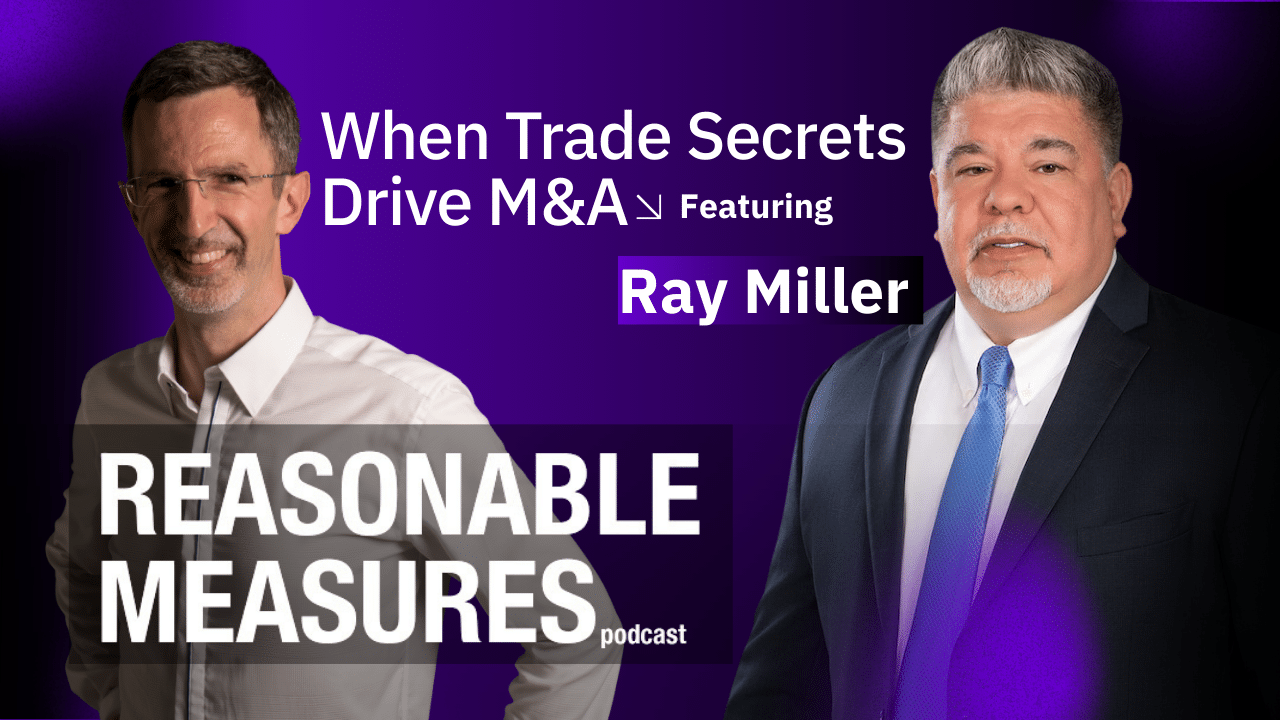What is trade secret law?
Trade secret law protects confidential business information that provides a competitive advantage. This can include formulas, processes, algorithms, designs, customer lists, data models, or any other valuable information that is not publicly known and is subject to reasonable steps to keep it secret.
Unlike patents, trademarks, or copyrights, trade secrets are not registered with a government office. Their protection depends on a company’s ability to prove that the information is both valuable and kept confidential. If the secrecy is lost—whether through a leak, theft, or careless disclosure—the legal protection is lost as well.
The foundations of trade secret law
In the United States, trade secret law is primarily governed by two sources:
State law – Most states have adopted the Uniform Trade Secrets Act (UTSA), which standardizes definitions and remedies for misappropriation.
Federal law – The Defend Trade Secrets Act (DTSA) of 2016 allows trade secret owners to bring cases in federal court, providing a nationwide framework for enforcement.
Both frameworks define a trade secret in similar terms: information that derives economic value from not being generally known, and that is subject to reasonable measures to maintain its secrecy.
What counts as “reasonable measures”?
Courts expect companies to take active steps to protect trade secrets. Common measures include:
Limiting access to those who need to know
- Using confidentiality and nondisclosure agreements
- Implementing access controls for digital files and systems
- Training employees on trade secret handling
- Documenting all policies and enforcement actions
Without evidence of reasonable protection, courts are unlikely to enforce trade secret claims.
Misappropriation and enforcement
Misappropriation occurs when someone acquires, uses, or discloses a trade secret without permission. This could involve:
- An employee taking proprietary files to a competitor
- A partner using confidential information beyond the agreed purpose
Industrial espionage or hacking to obtain protected data
If misappropriation occurs, trade secret owners can seek remedies such as injunctions to stop use, monetary damages for losses, and in some cases, punitive damages. Under the DTSA, companies can also seek seizure orders to prevent dissemination of stolen secrets.
Why trade secret law matters
Trade secrets can be among a company’s most valuable assets. They often protect know-how that cannot be reverse engineered and that evolves over time, making patents less practical. Strong trade secret law gives companies a way to enforce their rights when confidentiality is breached, but it only works if the company has already put the right protections in place.
How Tangibly can help
Trade secret law is only as strong as the measures you take to protect your information. Tangibly was purpose built to help companies identify, protect, and leverage their trade secrets with confidence.
Our platform makes it simple to catalog sensitive information, control access, track agreements, and maintain the documentation you need to prove reasonable protection. We work alongside your legal team to ensure your trade secret program is both practical and defensible.
If your competitive advantage depends on what competitors cannot see, let’s talk about how to keep it protected. Book time with our team to explore a tailored trade secret strategy for your business.









